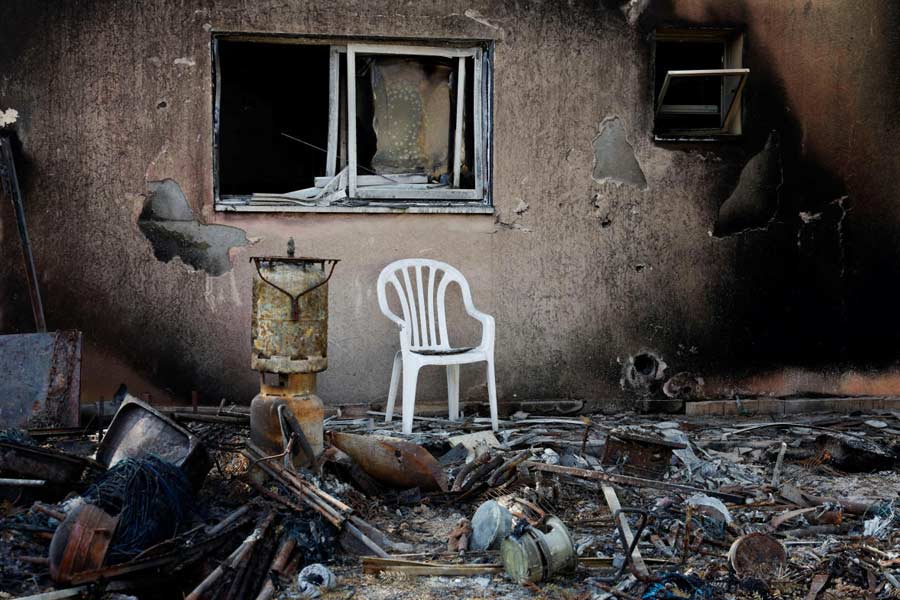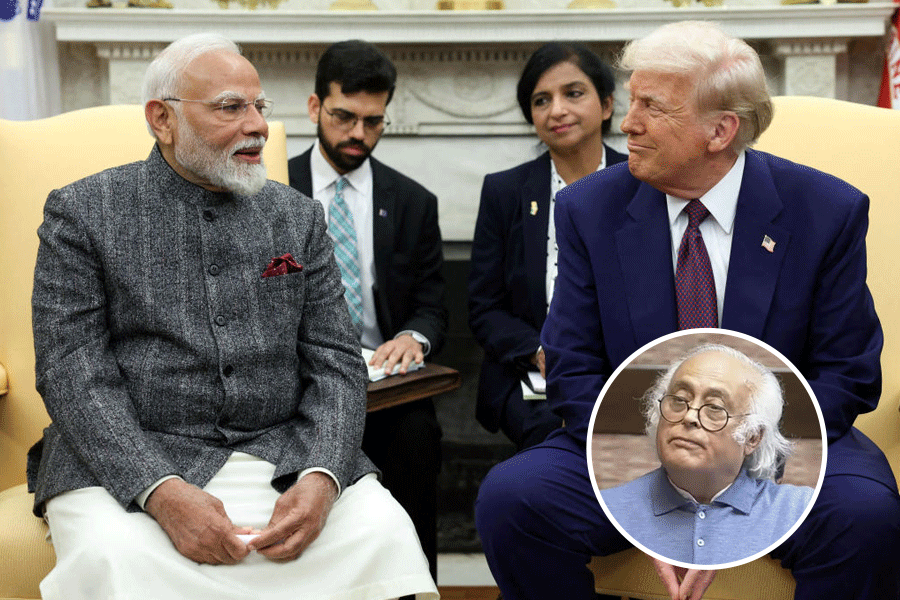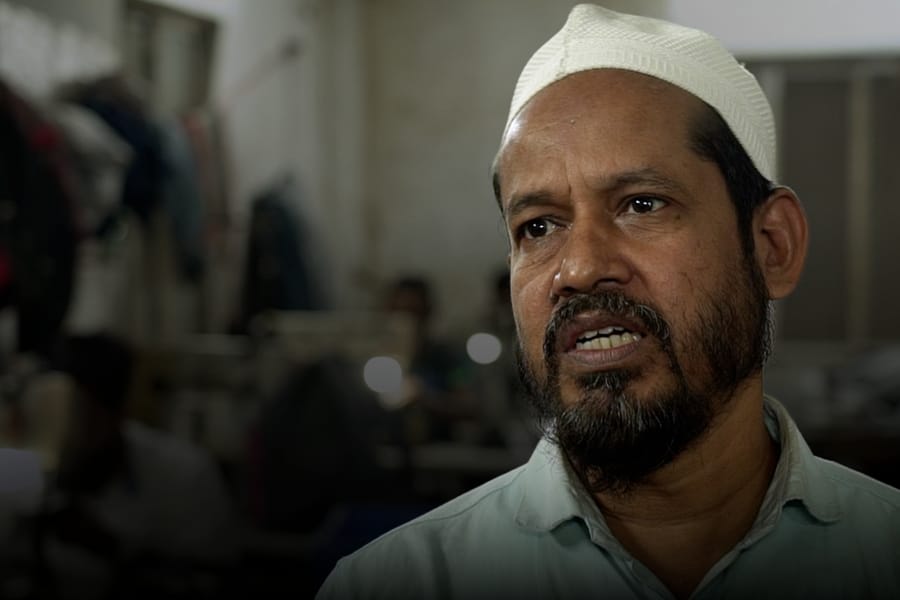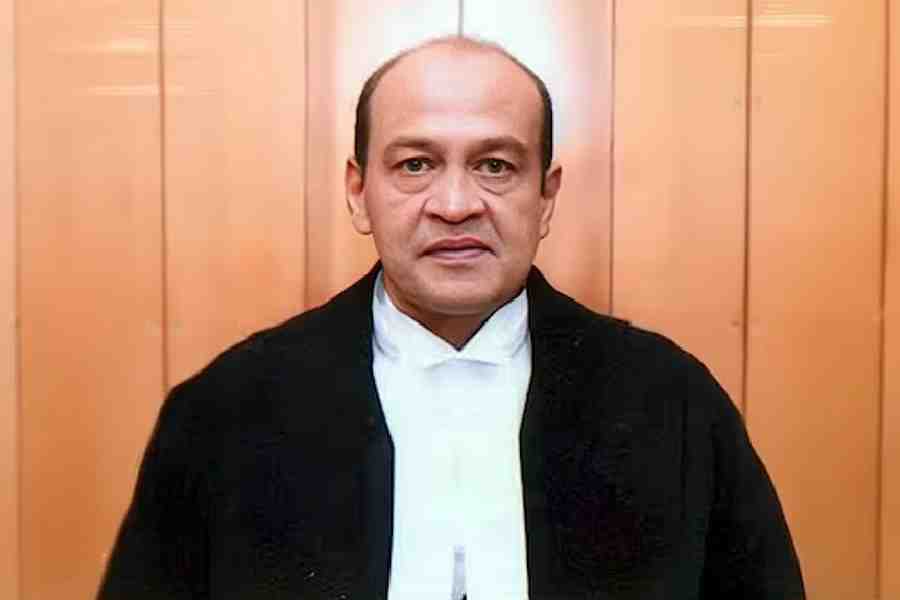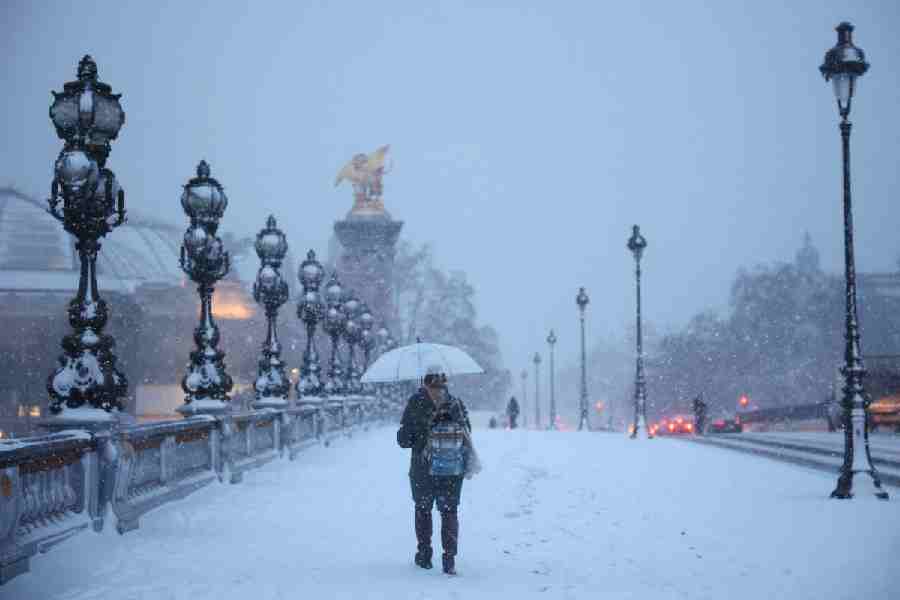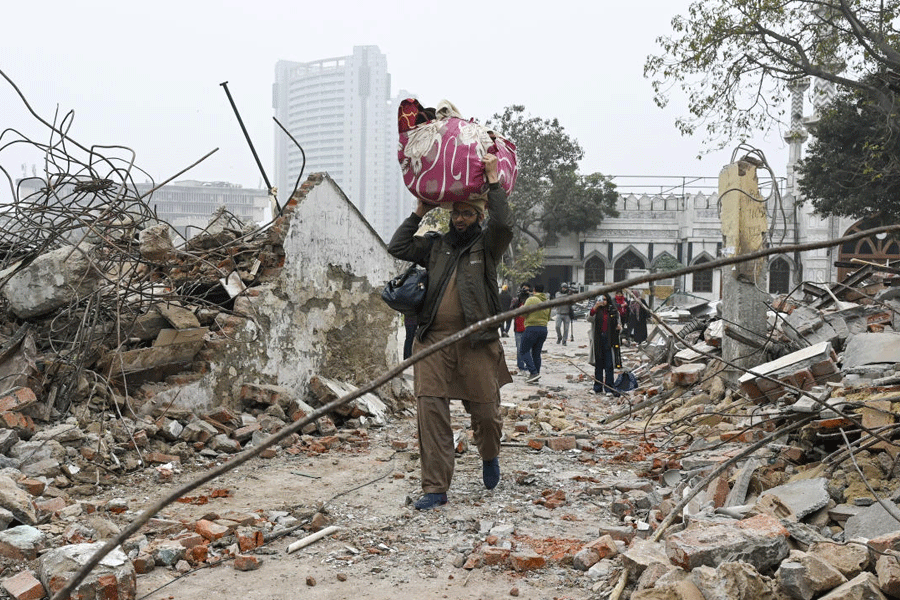Top US diplomat Antony Blinken was due in Israel on Friday to call for localised pauses in fighting to allow humanitarian aid into Gaza as Israel said it surrounded the Palestinian enclave's biggest city and the focus of its drive to annihilate Hamas.
With the conflict nearing the end of its fourth week, US Secretary of State Blinken was due to visit Israel for the second time in a month to meet Prime Minister Benjamin Netanyahu as Israel's military battled Hamas militants, who fought back with hit-and-run attacks from underground tunnels.
"We're at the height of the battle. We've had impressive successes and have passed the outskirts of Gaza City. We are advancing," Netanyahu said in a statement after the military said it had encircled the seaside enclave's main city.
As Blinken left Washington for the Middle East, he said he would discuss concrete steps to minimise harm to civilians in Gaza. The White House, meanwhile, said any pauses in fighting should be temporary and localised, and insisted they would not stop Israel defending itself.
Mounting casualties among Palestinian civilians, along with acute shortages of food, water, medicine and fuel, have intensified calls by global leaders for a pause in fighting or a ceasefire.
Israel has dismissed those calls, saying it targets Hamas fighters whom it accuses of intentionally hiding among the population and civilian buildings. The White House has also rejected calls for a ceasefire.
Gaza health authorities say at least 9,061 people have been killed in Gaza since Israel launched its assault on the enclave of 2.3 million people in retaliation for deadly attacks by Hamas militants on southern Israel.
A group of independent United Nations experts warned Palestinians there are at "grave risk of genocide".
"We call on Israel and its allies to agree to an immediate ceasefire. We are running out of time," the group of U.N. special rapporteurs said in a statement.
The Israeli mission to the UN in Geneva called the rapporteur's comments "deplorable and deeply concerning" and blamed Hamas for the civilian deaths. Stéphane Dujarric, spokesperson for the UN Secretary-General Antonio Guterres, said a determination of genocide could only be made by a relevant UN judicial body.
Israel says Hamas killed 1,400 people, mostly civilians, and took more than 240 hostages in the attack on Oct. 7, the deadliest day of its 75-year-old history.
The White House said on Thursday it was looking into a series of pauses in the conflict.
"What we're trying to do is explore the idea of as many pauses as might be necessary to continue to get aid out and to continue to work to get people out safely, including hostages," U.S. national security spokesperson John Kirby told reporters.
Blinken also was due to meet Jordan's Foreign Minister Ayman Safadi in Amman on Saturday. In a statement, Safadi said Israel must end the war on Gaza, where he said it was committing war crimes by bombing civilians and imposing a siege.
Hamas fighters emerge from tunnels
Amid heavy explosions in Gaza, Israeli military spokesperson Rear Admiral Daniel Hagari told reporters his country's "troops completed the encirclement of Gaza City, which is the focal point of the Hamas terror organization".
Brigadier General Iddo Mizrahi, chief of Israel's military engineers, said troops were encountering mines and booby traps.
"Hamas has learned and prepared itself well," he said.
Abu Ubaida, spokesperson for the armed wing of Hamas, said in a televised speech on Thursday that Israel's death toll in Gaza was much higher than the military had announced. "Your soldiers will return in black bags," he said.
Israel has said it has lost 18 soldiers and killed dozens of militants since ground operations expanded on Friday.
Hamas and allied Islamic Jihad fighters were emerging from tunnels to fire at tanks, then disappearing back into the network, residents said and videos from both groups showed.
Two U.S. officials, speaking on the condition of anonymity, said the U.S was flying intelligence-gathering drones over Gaza to help locate hostages. One of the officials said they had been carrying out the drone flights for over a week.
More foreigners due to evacuate
The Rafah crossing from Gaza to Egypt was due to open for a third day on Friday for limited evacuations under a Qatari-brokered deal aimed at letting some foreign passport holders, their dependents and some wounded Gazans out of the enclave.
According to border officials, more than 700 foreign citizens left for Egypt via Rafah on the two previous days. Dozens of critically injured Palestinians were to cross too. Israel asked foreign countries to send hospital ships for them.
Over a third of Gaza's 35 hospitals are not functioning, with many turned into impromptu refugee camps.
"The situation is beyond catastrophic," said the charity Medical Aid for Palestinians, describing packed corridors and many medics who were themselves bereaved and homeless.

